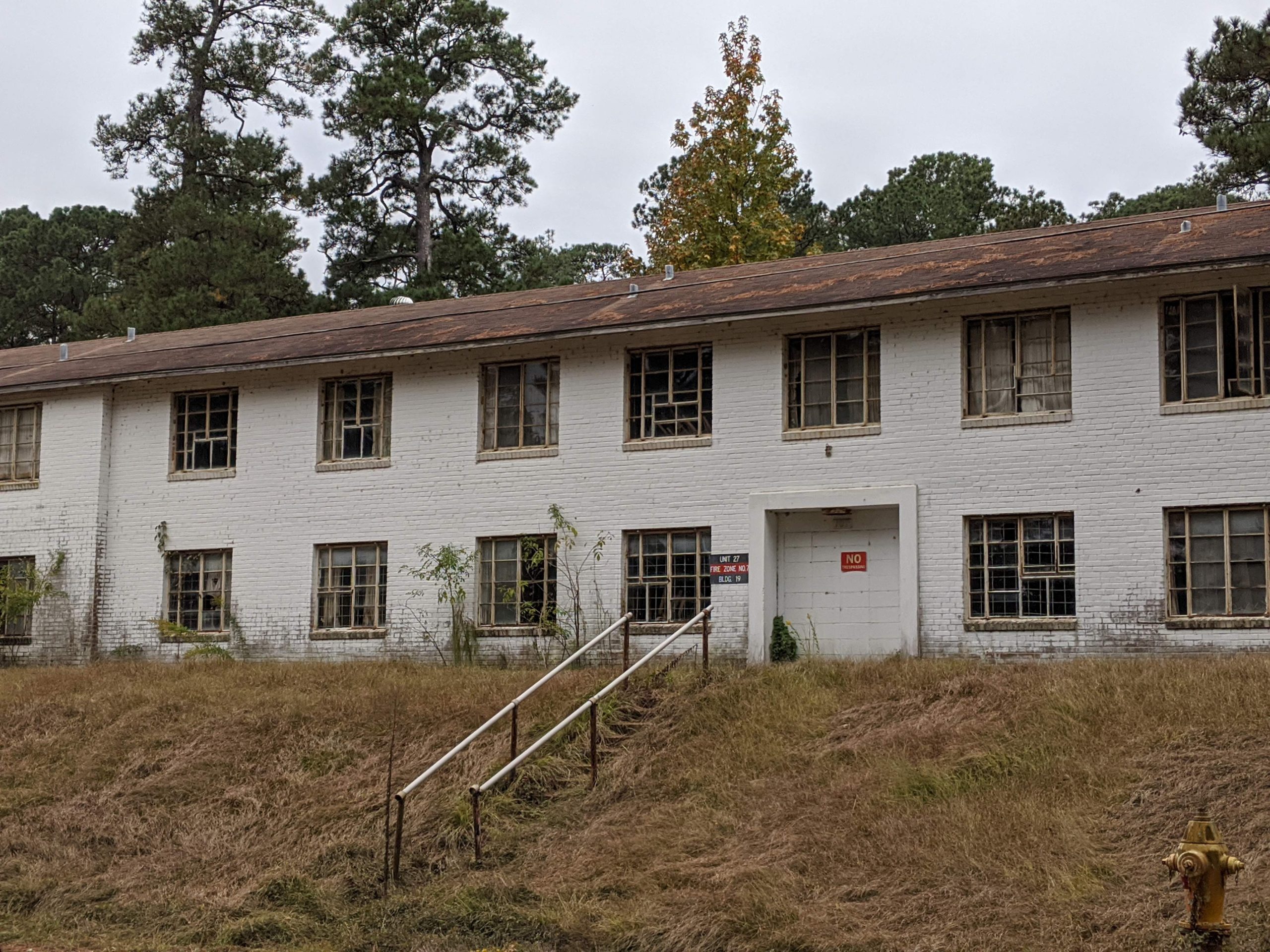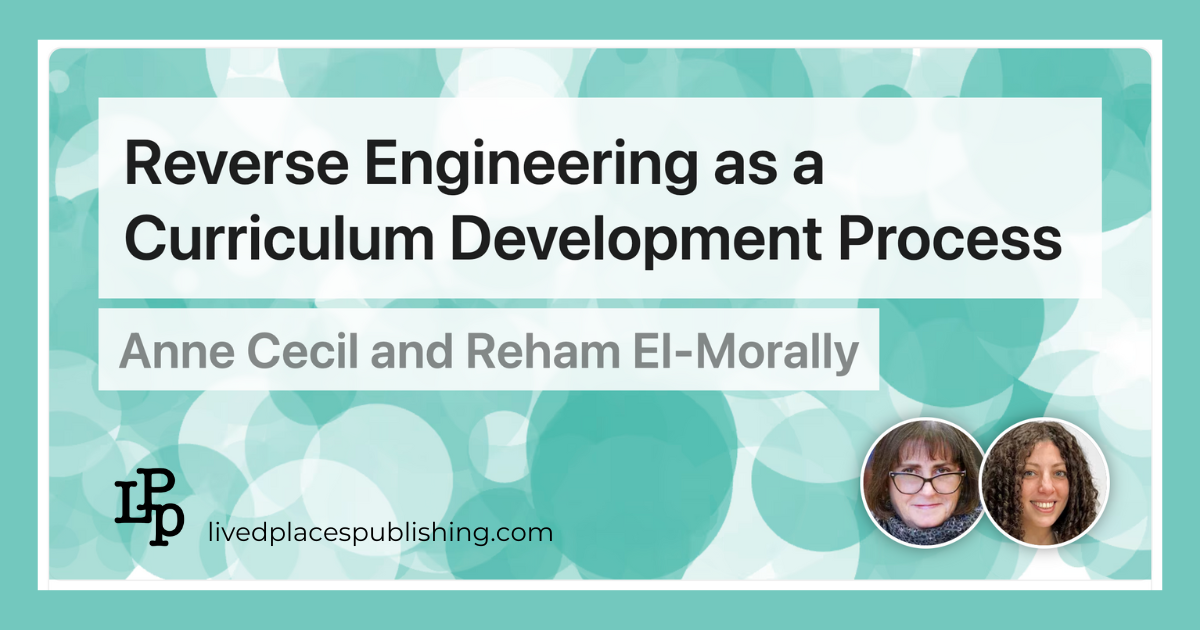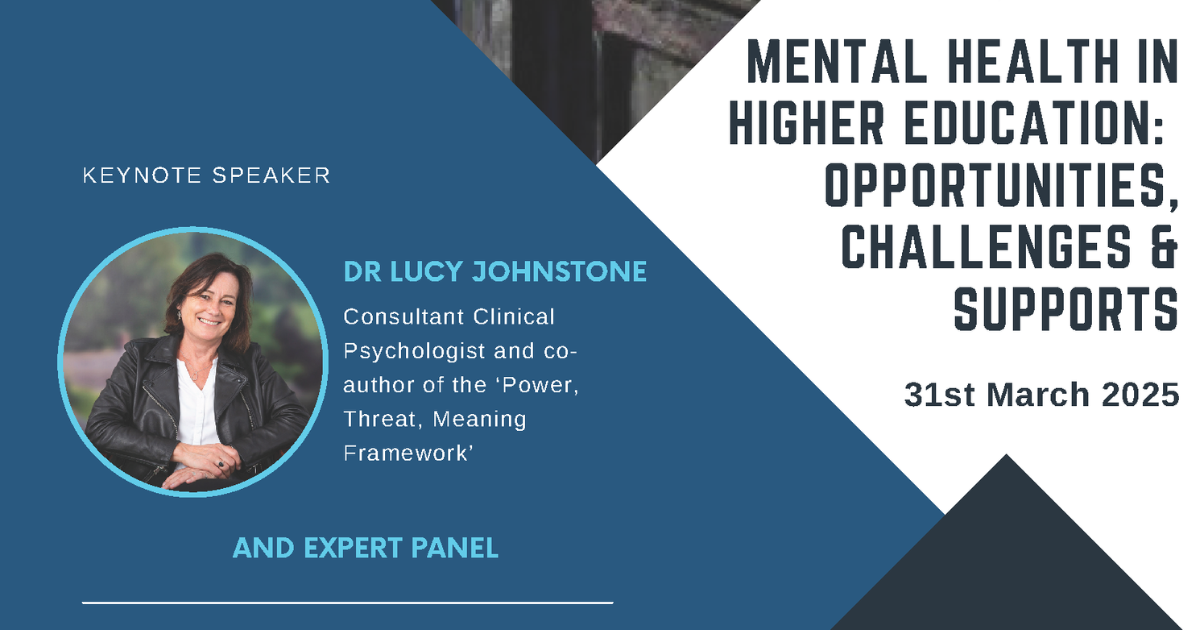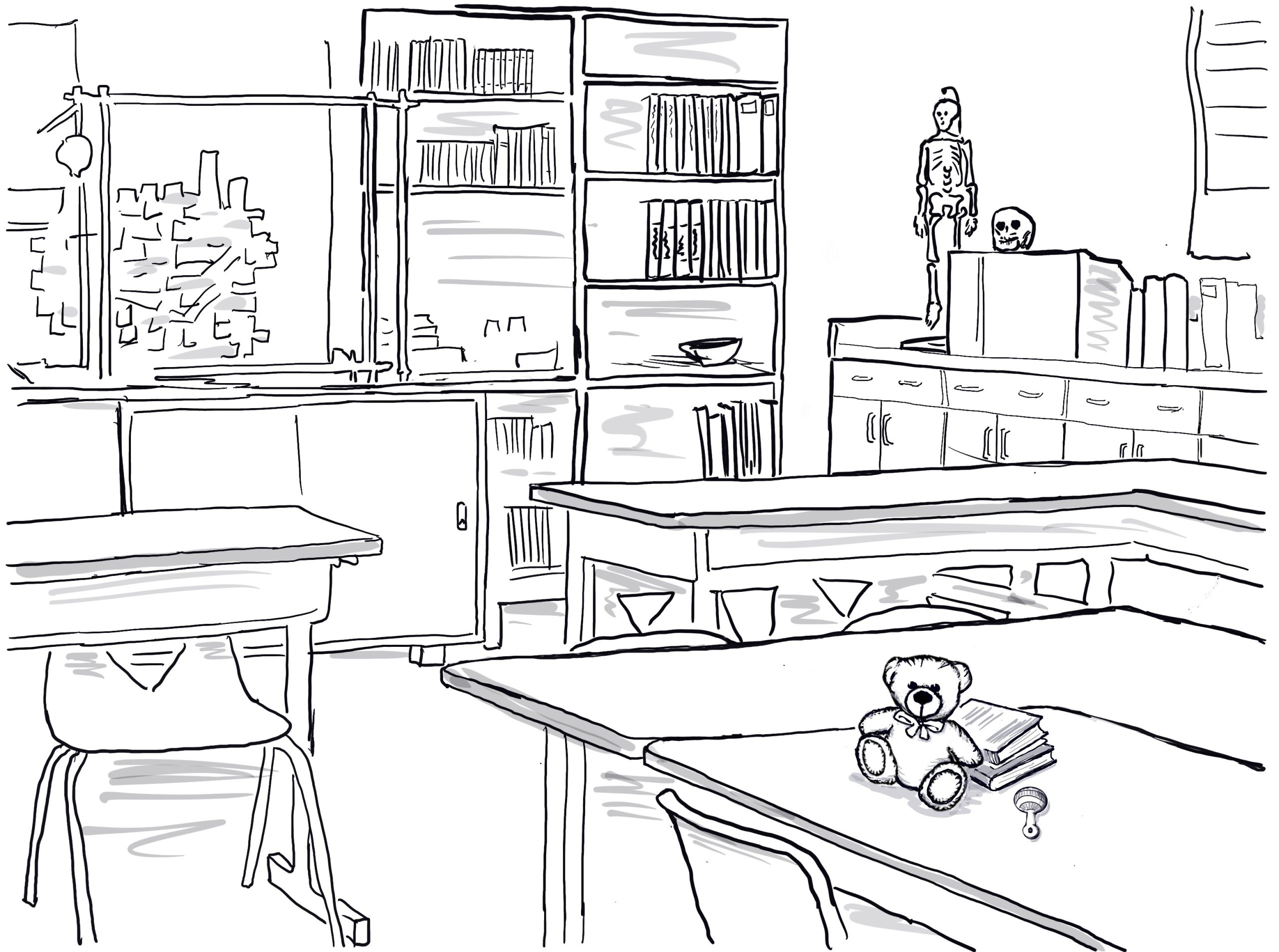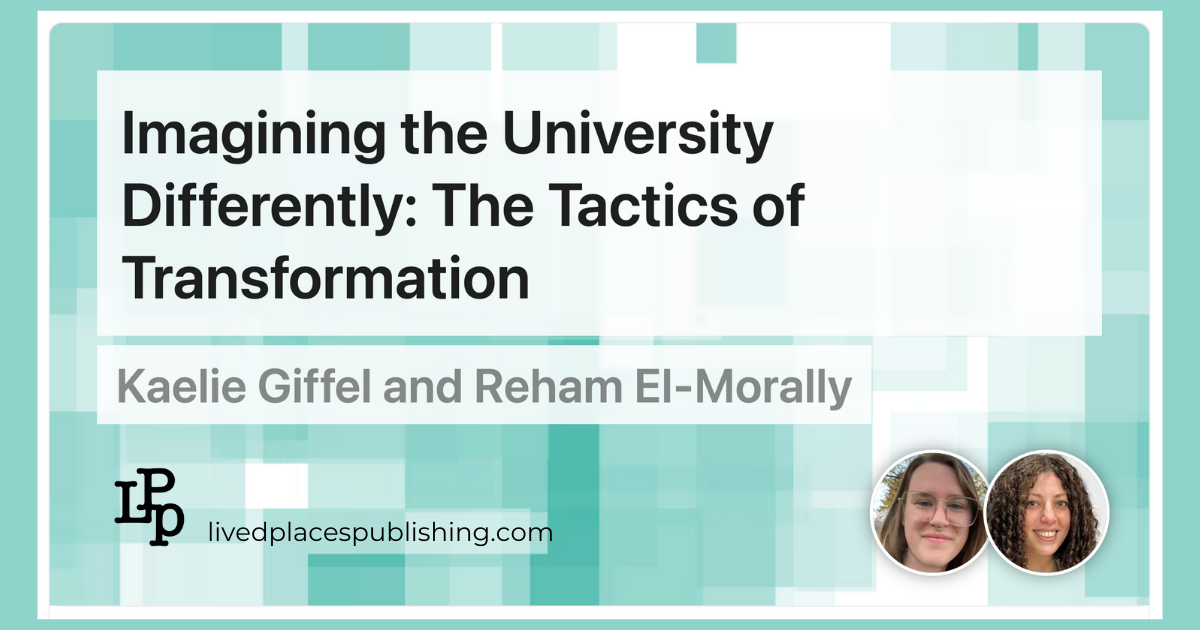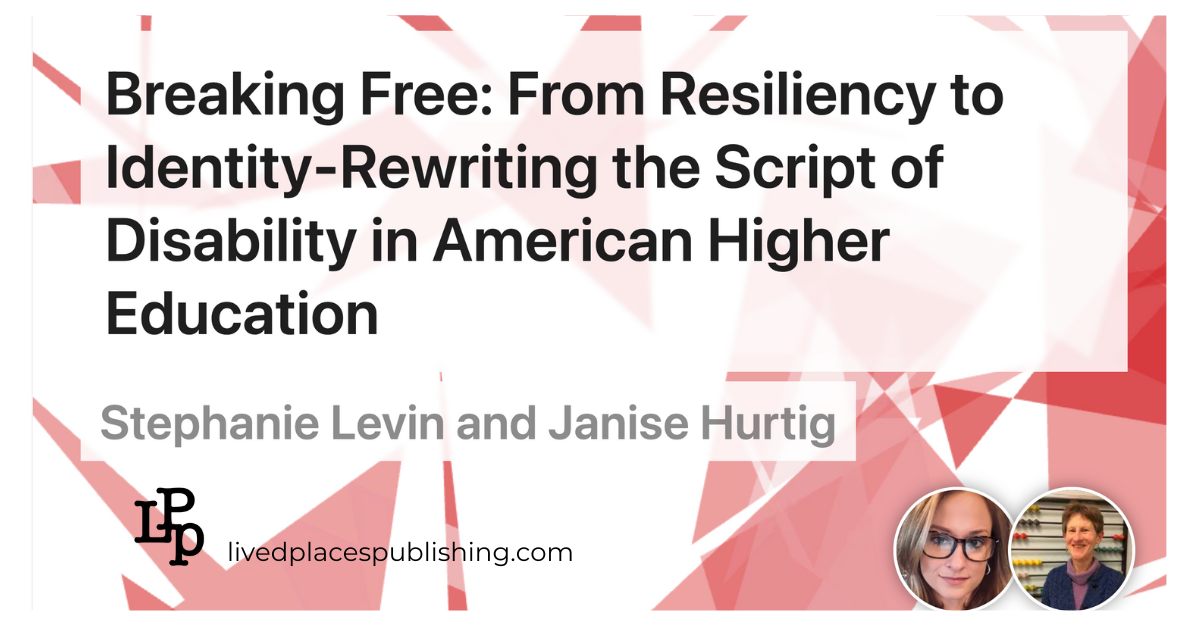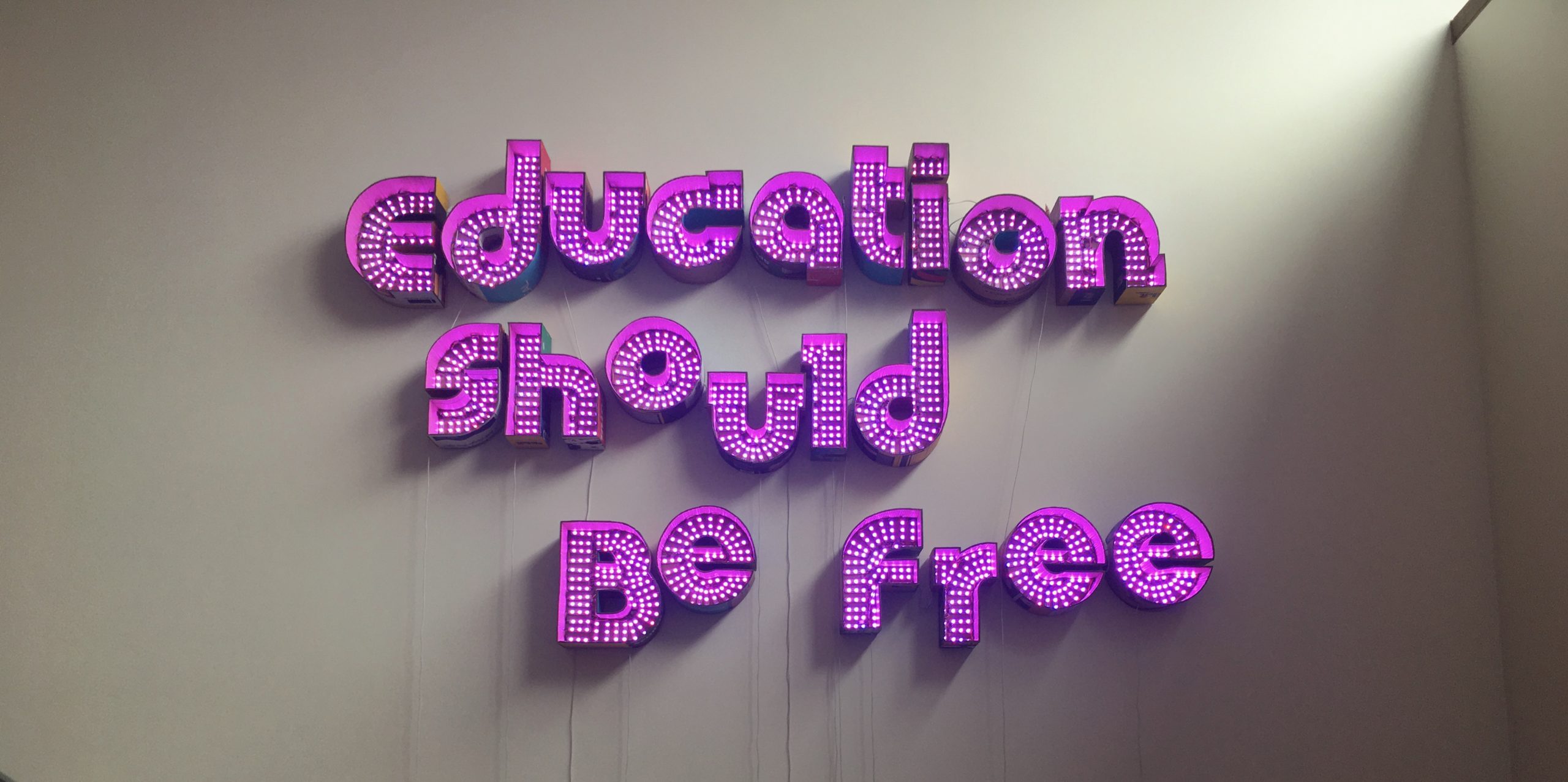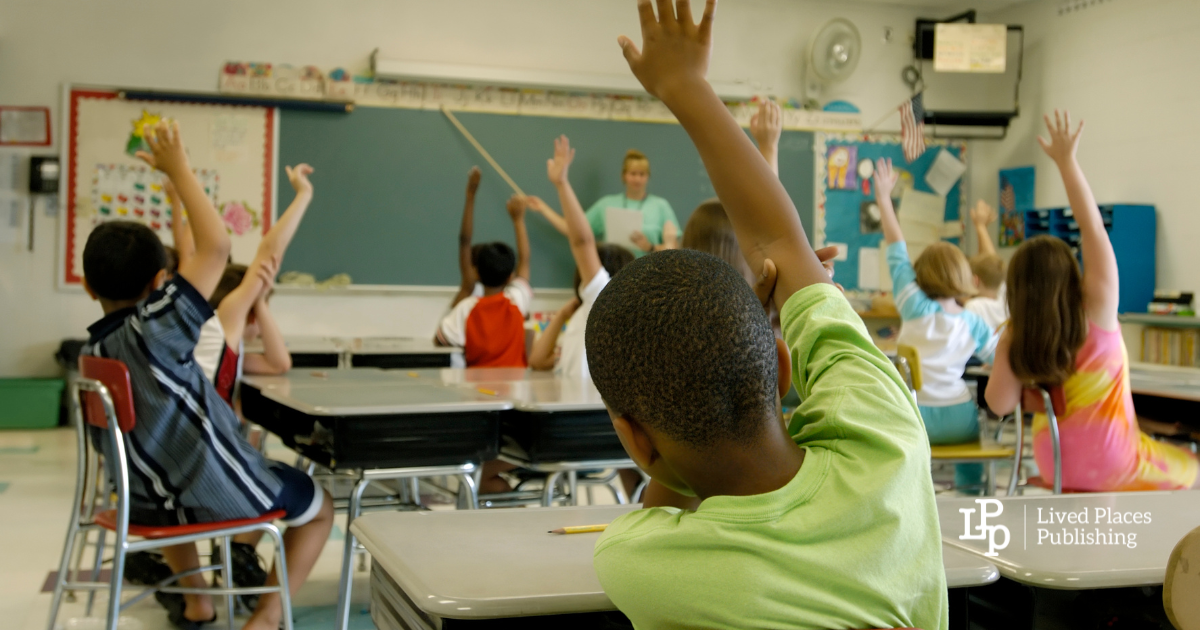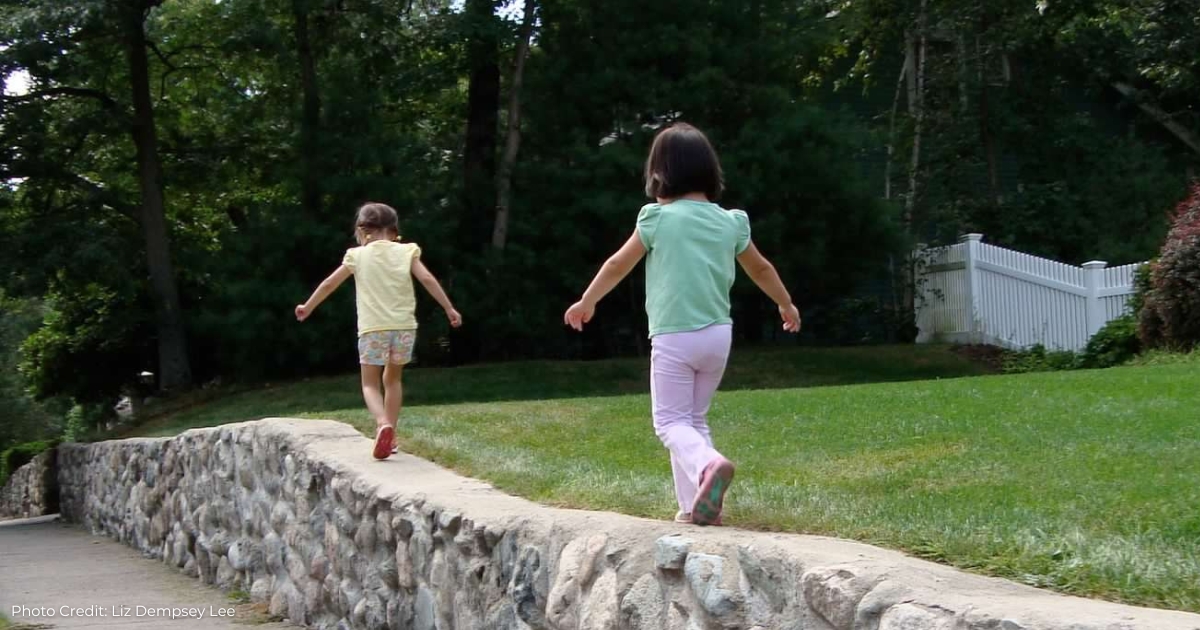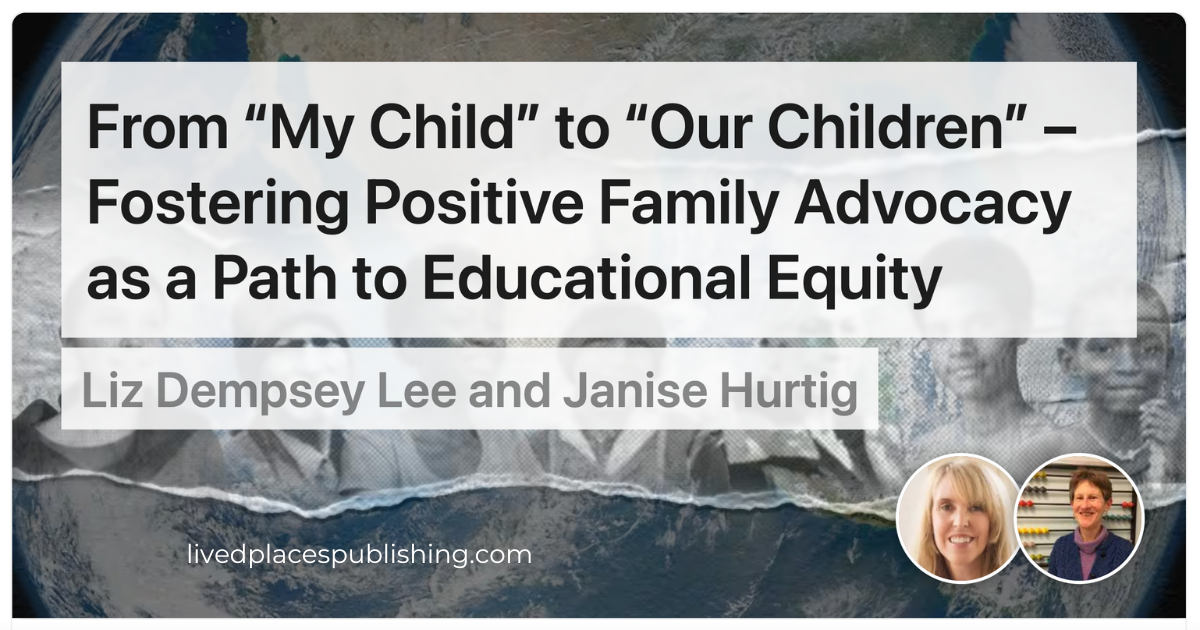Trading Bars: Prisons as De Facto Mental Institutions
Individuals with severe mental illness (SMI) have been barred from “polite” society throughout history. Many will eventually find their way to prison, behind a different set of bars, where there is little incentive to treat. Have we simply traded one form of confinement for another, even more cruel one?

